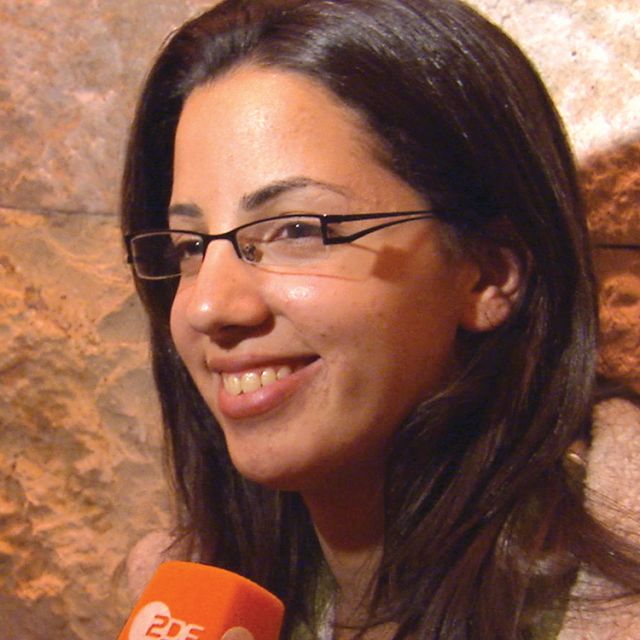Berlanty had been just weeks away from completing her degree at Bethlehem University, the only Catholic university in the Holy Land. Bethlehem is located within the West Bank, which, together with Gaza, make up the Palestinian Territories. From Bethlehem, she had made a brief trip to the Palestinian city of Ramallah for a job interview.
On her way back to the university, her vehicle was stopped at an Israeli military checkpoint. The officer asked to see Berlanty’s ID card, which stated that she was a resident of Gaza. Blindfolded and handcuffed, the terrified student was transported to the Gaza border and released into the night.
The Israeli government argued that she lacked a valid permit to be in the West Bank. Since the Gaza Strip is governed by Hamas, which is classified as a terrorist organization by Israel (as well as by Canada and the United States), travel through the Gaza border is limited to “humanitarian and exceptional cases.” For years, human rights organizations have been pressing Israel to allow undergraduate students to leave Gaza to attend universities in the West Bank, without success.
The Salt + Light Television documentary Across the Divide chronicles Berlanty’s fight to try to return to Bethlehem to finish her degree, and shares the stories of other Christian students pursuing their education amidst the Israeli-Palestinian conflict. The Catholic Church hopes that, through its network of highly regarded schools, the dwindling Christian community can sustain itself in its ancestral home.
From a filmmaker’s perspective, we were incredibly fortunate to arrive in the Holy Land just as Berlanty’s legal battle was unfolding. But I was reminded that this wasn’t a movie plot. It was real life for a scared 21 year old whose future hung in the balance.
What made her story even more compelling was that she was not a savvy, outspoken activist, but a typical student whose time was divided between academics and a busy social life. Reluctantly, she was thrust into the media spotlight and compelled to describe her predicament to outsiders like myself.
For Berlanty, it is imperative to leave Gaza. “After the Hamas government, there is no freedom to do anything,” Berlanty explained to me. “It’s hard for women in Gaza to have freedom, and it’s hard to be a Christian, too.”
While Christian women must contend with oppressive social restrictions, a more pressing problem is a lack of jobs. Though education opens up some opportunities, certain degree programs aren’t available in Gaza.
I asked Berlanty where she would go if she could escape Gaza.
“Anywhere, anywhere,” she responded through tears, “but I don’t want to stay here.”
Berlanty failed to win the right to return to Bethlehem University. But university officials let her complete her degree from Gaza. She subsequently moved to the United States to obtain an MBA.
If one day the Palestinian people achieve a sovereign state alongside Israel, as both Israeli and Palestinian leaders maintain is necessary for enduring peace, it will be led by students like Berlanty. But like her degree program and that job offer in Ramallah, even modest goals are elusive for Christians in the Holy Land.
(Dmytrenko is a producer at Salt + Light Television. Across the Divide will air on June 24. For more information visit saltandlighttv.org/acrossthedivide)

